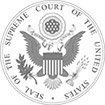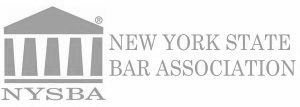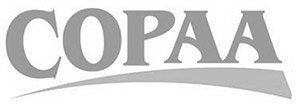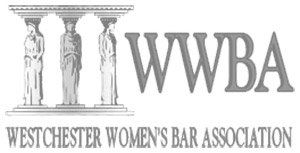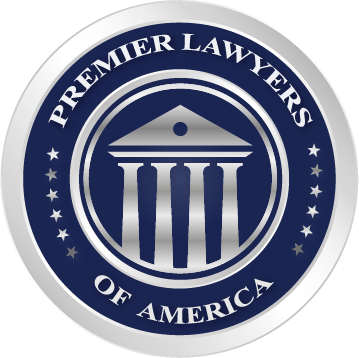What is a special education school?
A special education school should have more specialized and individualized instruction and teachers specifically trained in a specific disability or disabilities. They should have more specialized equipment and specialists who use scientifically-based methodologies to instruct, methods proven by research to be effective. Typically, the teachers will work together as a team and collaborate with highly trained occupational therapists, physical therapists, speech pathologists, counselors and other specialties.
A special education school should have:
- Individualized teaching with custom teaching programs
- Small classes
- A low ratio of teachers to students
- Sensory gyms
- A positive behavioral approach to behavior and discipline
- Counseling and other related service providers
- Additional support in the classroom such as teacher’s assistants or aides
- Advanced technology
What is different about a special needs school?
The school should have more specialized and individualized instruction and teachers specifically trained in a specific disability or disabilities. They should have more specialized equipment and specialists who use scientifically-based methodologies to instruct, methods proven by research to be effective. Typically, the teachers will work together as a team and collaborate with highly trained occupational therapists, physical therapists, speech pathologists and other specialties.
A special needs school should have:
- Individualized teaching with custom teaching programs
- Small classes
- A low ratio of teachers to students
- Sensory gyms
- A positive behavioral approach to behavior and discipline
- Counseling and other related service providers
- Additional support in the classroom such as teacher’s assistants or aides
- Advanced technology
Who qualifies for special education schools in NYC?
The right to special education will have detailed documentation in the IDEA (Individuals with Disabilities Education Act). Public schools are mandated to offer special education to children between the ages 3 and 21. The candidate has to prove their case their case by having a disability listed in the IDEA protocols.
School districts determine the eligibility of the student by applying the comprehensive evaluation exam. The tests develop a conclusion to explain how the child thinks. The evaluators will compile useful information about the child’s developmental process and establish if the condition is merely age-related and will eventually wear out. They also determine whether a new injury qualifies one for special education.
Which disabilities qualify for special education in NYC?
Individuals with Disabilities Education Act lists 13 different disability categories under which three- through 21-year-olds are eligible for services. These categories are:
- autism
- deaf-blindness
- deafness
- emotional disturbance
- hearing impairment
- intellectual disability
- multiple disabilities
- orthopedic impairment
- other health impairment
- specific learning disability
- speech or language impairment
- traumatic brain injury
- visual impairment (including blindness)
Specific learning disability means a disorder in one or more of the basic psychological processes involved in understanding or in using language, spoken or written, that may manifest itself in the imperfect ability to listen, think, speak, read, write, spell, or to do mathematical calculations, including conditions such as perceptual disabilities, brain injury, minimal brain dysfunction, dyslexia, and developmental aphasia.
Specific learning disability does not include learning problems that are primarily the result of visual, hearing, or motor disabilities, of intellectual disability, of emotional disturbance, or of environmental, cultural, or economic disadvantage.


